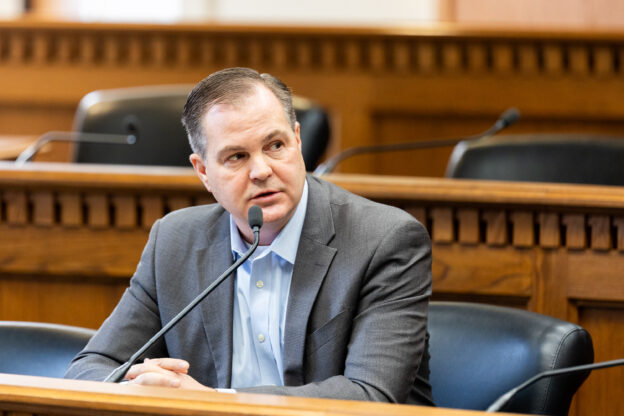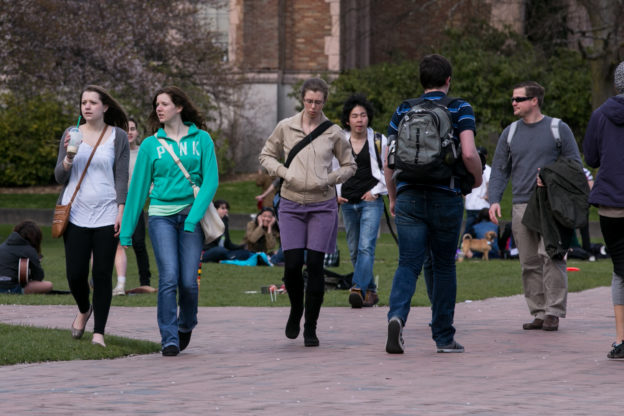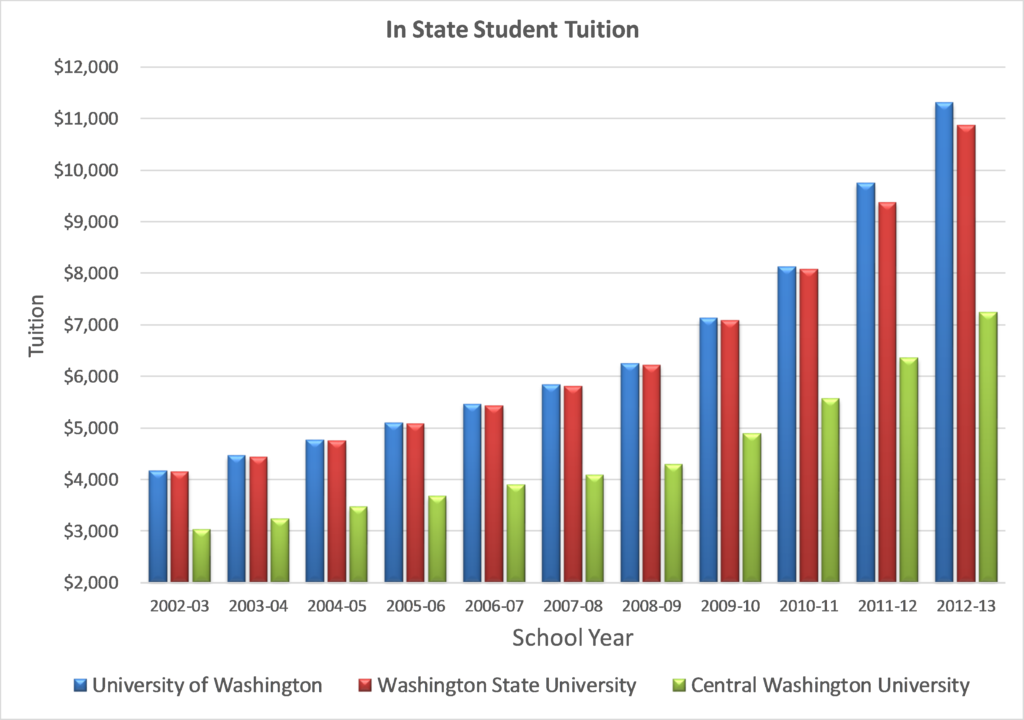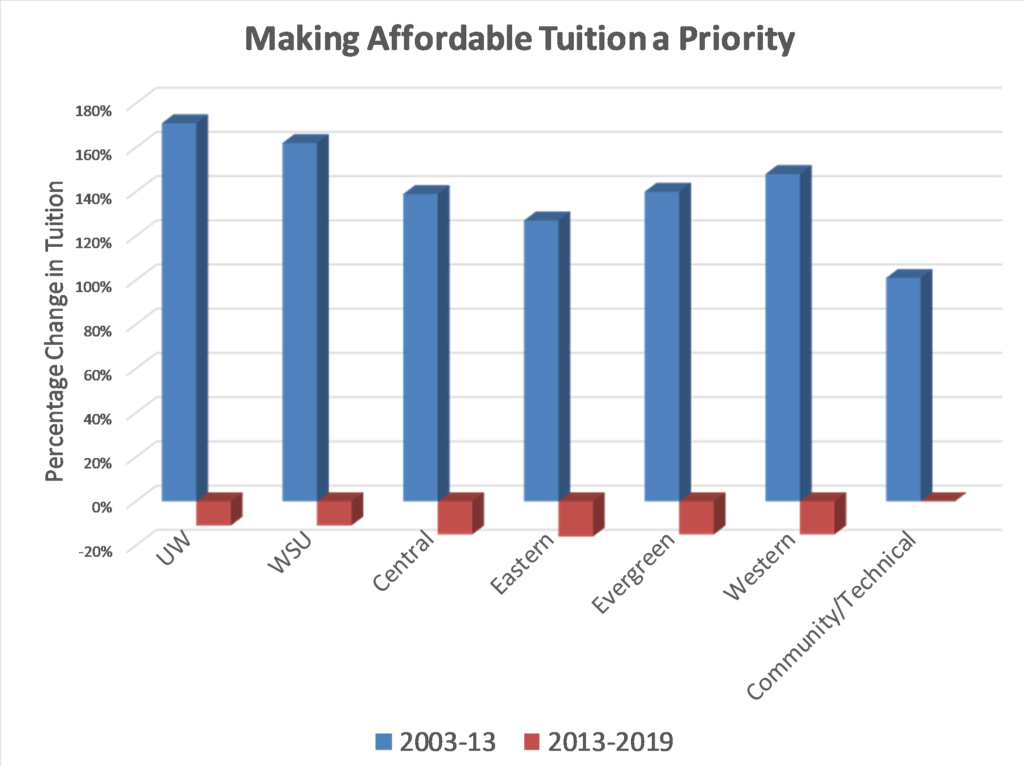OLYMPIA…Senate Republican Leader John Braun, R-Centralia, issued the following reaction to Monday’s violent occupation of the Interdisciplinary Engineering Building at the University of Washington by anti-Israel, pro-Hamas protesters. The protests were in opposition to the university’s ties to The Boeing Company.
“Violent antisemitic protests intended to intimidate Jewish students and University officials are troubling and unacceptable. Yesterday’s protesters, reportedly affiliated with the group Super UW, not only disrupted campus operations but also engaged in dangerous activities, including setting dumpsters on fire and barricading entrances, creating a hazardous environment for students and staff. Americans have the right to protest peacefully, but not to threaten people, behave violently or destroy property. That’s not constitutionally-protected protesting – it’s mob intimidation.
“I commend the University of Washington officials and law-enforcement agencies for their swift and decisive response to this illegal occupation. Their actions in arresting approximately 30 protesters on charges such as trespassing, property destruction, and disorderly conduct demonstrate a commitment to upholding the rule of law and ensuring campus safety.
“To deter future acts of violence and disruption, those arrested must now be prosecuted to the fullest extent of the law. Prosecutions will do far more to make it clear that universities must remain bastions of free speech and peaceful protest, not venues for unlawful and destructive behavior.
“I am particularly grateful for President Ana Mari Cauce’s unequivocal condemnation of the violence. She issued a clear message that such behavior will not be tolerated. It is clear that we need to jointly reaffirm our commitment to civil discourse and the principles that uphold our democratic society.
“UW will have another opportunity to demonstrate its opposition to violence and intimidation when Riley Gaines, prominent advocate for women’s sports, visits the Seattle campus to speak tonight. I urge all parties to ensure that this event proceeds without incident – as I would regardless of who is speaking. While people have the right to protest peacefully, the safety and rights of all speakers and attendees must be protected.”












